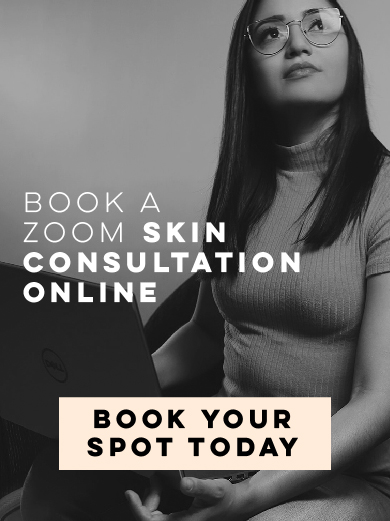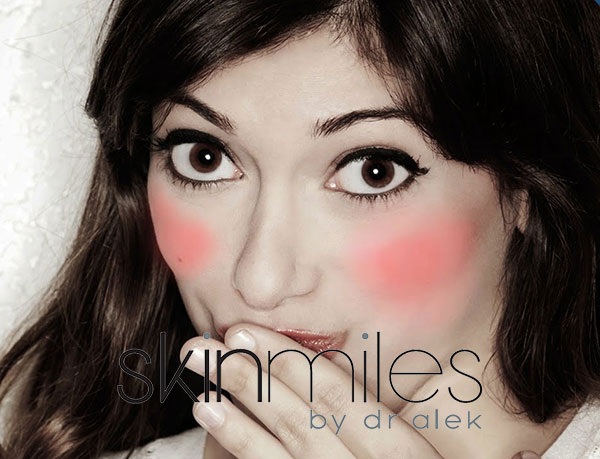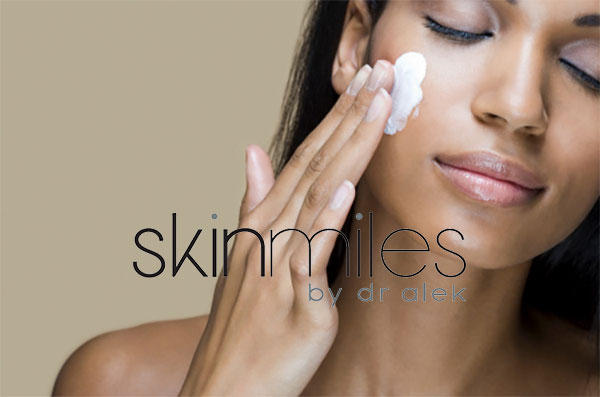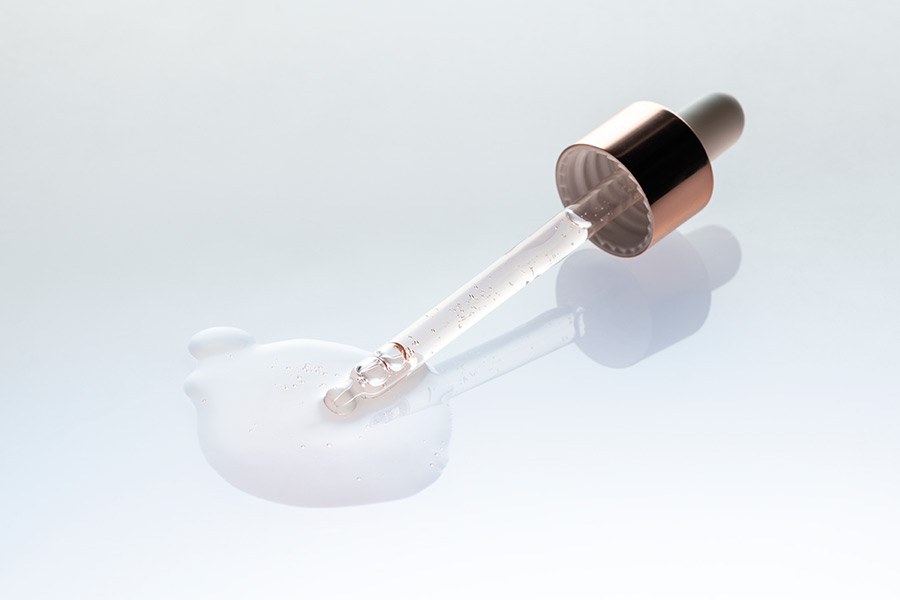Rosacea Is A Debilitating Emotional Skin Disorder
Rosacea is a common skin disease and most people are unaware that they are developing it. In the early stages it often starts as a tendency to blush or flush more easily than other people.
What is Rosacea?
Rosacea is a medical skin condition characterised by hundreds of tiny and fine veins in the superficial skin surface. This increases blood flow to the skin surface resulting in the red flare ups or blushing that sufferer’s experience. Trigger factors include exercise, hot baths, spicy food, coffee, extreme climate changes, hot weather, and saunas.
The redness or blushing typically starts over the nose and cheeks and even can be found affecting the forehead and chin. As time progresses spread to the ears, chest, and back can take place and as a result becomes a very distressing skin condition. Unfortunately with time, people who have rosacea often see permanent redness in the centre of their face if left untreated.
Medically Speaking Rosacea Has Four Sub Types:
- Erythematotelangiectatic rosacea: Redness, flushing, visible blood vessels.
- Papulopustular rosacea: Redness, swelling, and acne-like breakouts.
- Phymatous rosacea: Skin thickens and has a bumpy texture.
- Ocular rosacea: Eyes red and irritated, eyelids can be swollen, and person may have what looks like a sty.
Rosacea can affect quality of life:
Following from the above and because rosacea is a long lasting skin disease it can reduce a person’s quality of life; so much so that sufferers report problems at work, in their marriage, and even when meeting new people.
Typically rosacea sufferers have emotional effects:
- Feelings of frustration and embarrassment
- Worry
- Low self-esteem
- Work-related problems
- Anxiety and depression
Treatment tends to dramatically improve a person’s quality of life so check out our recommended treatment guidelines below.
Who Gets Rosacea?
Most people who get rosacea are:
- Between 30 and 50 years of age.
- Fair-skinned, and often have blonde hair and blue eyes.
- From Celtic or Scandinavian ancestry.
- Likely to have someone in their family tree with rosacea or severe acne.
- Likely to have had lots of acne — or acne cysts and/or nodules.
Women are a bit more likely than men to get rosacea. Women, however, are not as likely as men to get severe rosacea.
Surprising Fact: Children can develop rosacea.
What Causes Rosacea?
The exact cause of rosacea is still not 100% known but a lot of research has been done on this subject. Some interesting facts and insights have emerged from this research:
- Rosacea runs in families. Many people who get rosacea have a genetic association so it is possible that people inherit genes for rosacea
- Bacteria that cause infections in the intestines may play a role: H pylori are common in people who have rosacea
- A protein that normally protects the skin from infection (cathelicidin) may cause the redness and swelling
- The immune system may play a role
- A mite that lives on everyone’s skin may play a role
Treatment for Rosacea Includes:
- Medicine that is applied to the rosacea: I typically prescribe Rosex®
- Sunscreen may help reduce flare ups through the day
- An emollient to help repair the skin
- Lasers and other light treatments to cauterise the veins
- Antibiotics that are applied to the skin and tablet or oral form
- Thickened skin: this is typically found on the nose and more frequently seen with males. Characterised by a thick indurated purplish discolouration. Lasers can be a very effective treatment option
- Eyes: you will need to wash the eyelids several times a day and get a prescription for specific eye medicine
Treatment Results and Outcome
Unfortunately there is no cure for rosacea and as such people will need to control their symptoms with the above treatment modalities. Some people’s rosacea disappears completely and this can take between 5 to 15 years.
Some people have rosacea flare-ups for life and treatment can prevent the rosacea from getting worse and it can also reduce the acne-like breakouts, redness, and the number of flare-ups.
To get the best results with rosacea your best advice is to learn what triggers it and to try avoid these triggers and to follow a rosacea skin-care plan.
I hope you have found this article on rosacea helpful and useful and that it will motivate you to consider treating this distressing skin condition. Please feel free to send me any comments or questions you may have.
Kind regards
Resources:
American Academy of Dermatology
Helpful Resources:
Rosacea Support Group
Free, moderated, online community that offers support.
National Institutes of Health, Department of Health and Human Services
Provides Q&A about rosacea.
National Rosacea Society
Quarterly newsletter, booklet to help people identify and avoid triggers, and other resources.






I have it for quiet a long time now9
Hi Salama thank you for the comment and I hope the article has helped you. Please feel free to email me directly if you need any further help or take our Face2Face Skin Assessment. Kind regards Dr Alek Nikolic